Three of the 20 cheetahs brought from Africa to India have died, leading to criticism that their new habitat was unsuitable.
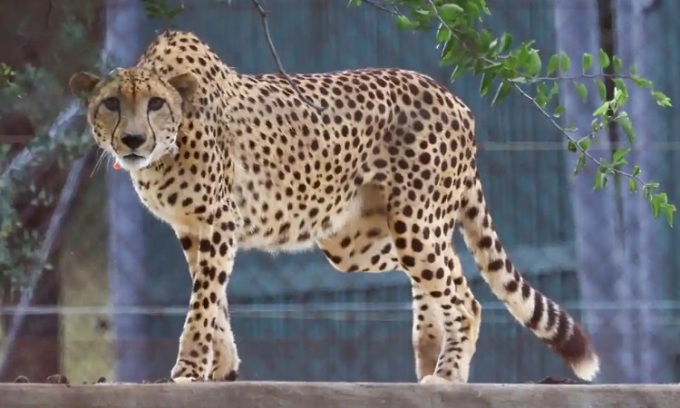
One of the cheetahs moved to India in February 2023. Photo: Siphiwe Sibeko/Reuters
A program to reintroduce cheetahs in India after 75 years has been controversial after three cheetahs died in recent weeks, raising concerns that their new habitat is not suitable. Cheetahs became extinct in India in 1952. From October 2022, 20 cheetahs were transferred from South Africa and Namibia under a government program and are living in Kuno National Park in Madhya Pradesh state, according to the Guardian .
The first eight cheetahs arrived and were released into a small, fenced enclosure by Prime Minister Narendra Modi himself on his 72nd birthday. Since then, the remaining 12 African cheetahs have been flown to India. The government plans to release a total of 50 cheetahs over the next five to 10 years.
However, the program has been criticized by many conservationists and wildlife experts. They say Kuno National Park is not a suitable habitat for so many cheetahs. The animals normally roam over thousands of square kilometers. In Kuno, their territory is less than 1,295 square kilometers.
Concerns have been heightened in recent weeks following the deaths of three captive cheetahs in Kuno National Park, just months after arriving in India. A male named Sasha died of a pre-existing condition in March, while another died in April. A female named Daksha died in May after a violent mating session after being placed in a cage with two other males.
In a Supreme Court hearing last week, a panel of judges concluded that Kuno National Park was not a suitable home for dozens of African cheetahs. The density of cheetahs in one place was too high. They recommended that some of the cheetahs be relocated to other states, such as Rajasthan. Indian scientists leading the reintroduction program stressed that the mortality rate was expected and not a sign of failure. They said four cheetah cubs had been born since the project began.
For experts critical of the reintroduction experiment, the Supreme Court’s ruling comes too late. They also worry that India lacks the experience to adequately care for cheetahs, especially when they have been in captivity for so long. To date, only three big cats have been released into national parks, with the remaining 17 still living in captivity.
Ravi Chellam, coordinator of the Biodiversity Collaborative, called the program a “vanity project” and a “glamorous safari park” that has nothing to do with conservation and could be detrimental to the health of the cheetahs. “Why have the cheetahs been in captivity for so long? Why have they brought in more than 20 cheetahs from Africa if the park can only hold 8-10 cheetahs? What are we trying to achieve here?”
Responding to the supreme court's finding, a government representative said a task force was investigating the cheetahs' deaths and researching other habitats that might contain some of the animals.
An Khang (According to Guardian )
Source link


![[Photo] General Secretary To Lam attends the 95th Anniversary of the Party Central Office's Traditional Day](https://vphoto.vietnam.vn/thumb/1200x675/vietnam/resource/IMAGE/2025/10/18/1760784671836_a1-bnd-4476-1940-jpg.webp)
![[Photo] Collecting waste, sowing green seeds](https://vphoto.vietnam.vn/thumb/1200x675/vietnam/resource/IMAGE/2025/10/18/1760786475497_ndo_br_1-jpg.webp)
![[Photo] Closing ceremony of the 18th Congress of Hanoi Party Committee](https://vphoto.vietnam.vn/thumb/1200x675/vietnam/resource/IMAGE/2025/10/17/1760704850107_ndo_br_1-jpg.webp)
![[Photo] Immerse yourself in the colorful musical world of “Secret Garden Live in Vietnam”](https://vphoto.vietnam.vn/thumb/1200x675/vietnam/resource/IMAGE/2025/10/18/1760805978427_ndo_br_thiet-ke-chua-co-ten-41-png.webp)


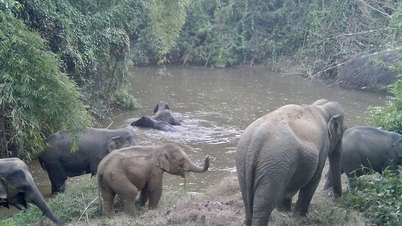

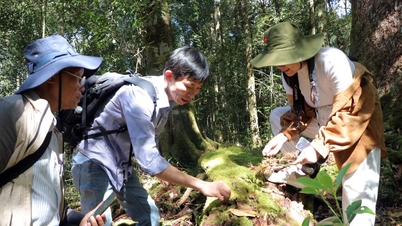



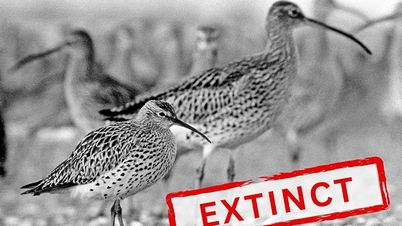

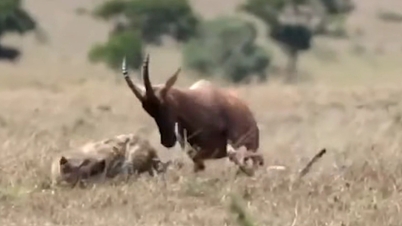





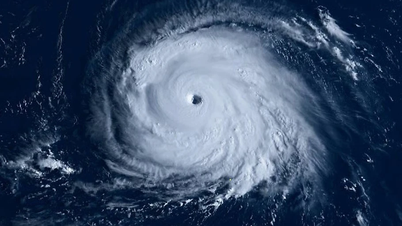




















































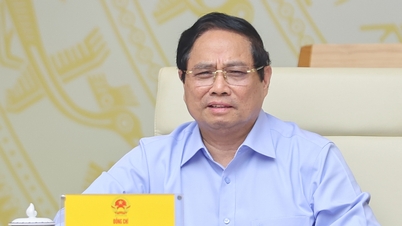









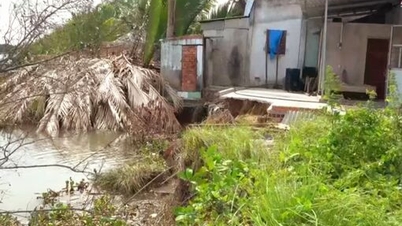

















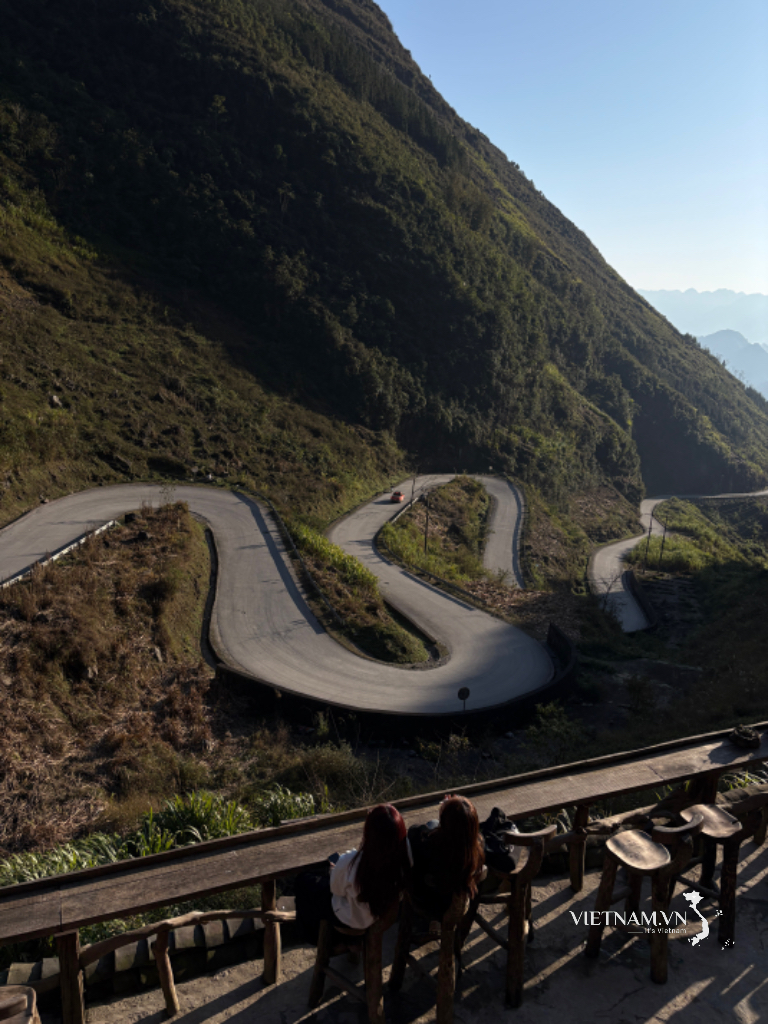


Comment (0)